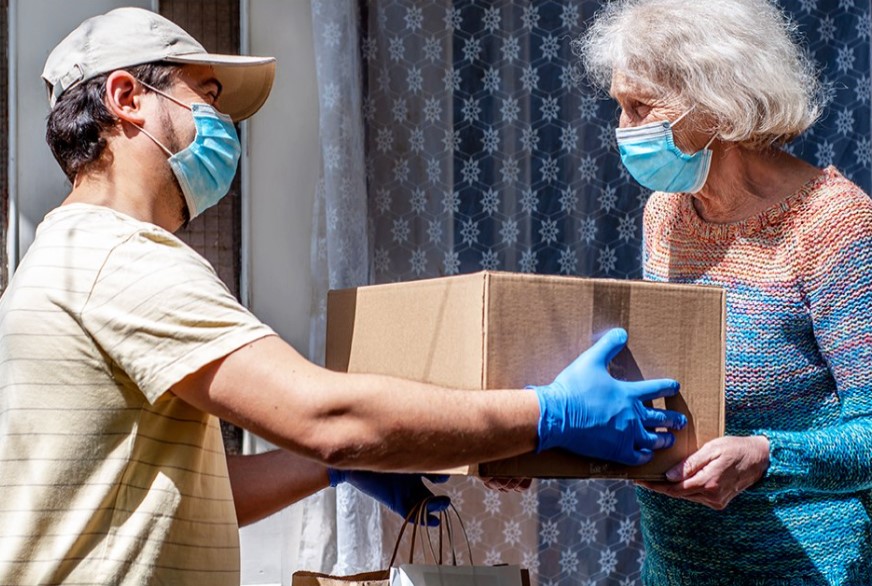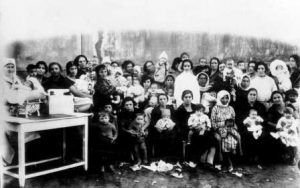Good Health and Well-Being


Home » Good Health and Well-Being » SDG3-Leveraging Volunteerism Against COVID19
Leveraging Volunteerism Against COVID19
Israel is well into its second national lockdown due to the COVID19 pandemic, making it the first country to re-enter such a reality. Issues that either had become a distant memory from the first lockdown are once again front and center: morbidity rates, remote learning, economic hardship, loneliness and so much more.
Volunteerism is one of the critical areas drawing renewed attention in this context. A recent Ha’aretz report quotes data from the Israel Volunteer Authority, according to which 165,000 Israelis have volunteered for the first time since March (about 14% of the country’s total volunteer force of more than one million). The figures indicate that those aged 18-35 comprise more than 50% of all volunteers, a 30% increase from 2019. Recent Central Bureau of Statistics data included in the report point, however, to a simultaneous decrease in volunteer activities among those over 55 (out of fear of the virus): from about 27% down to 12%.


Apropos young volunteers: Some 750 young adults have just completed their civilian service training period and are now participating in efforts to help alleviate loneliness experienced by the elderly, in a joint project of the Social Equality Ministry and the “Matav” civil society organization. In a similar project, social responsibility coordinators of the Social Equality Ministry’s Young Adults Authority have joined up with IDF Homefront Command soldiers to assist senior citizens.
The lockdown has naturally focused particular attention on those with special needs. In this context, despite the new reality various relevant services continue to be provided such as special education programs, rehabilitation daycare centers and frameworks for at-risk youth. In addition, residents with disabilities in assisted living facilities may visit first-degree relatives (and can also be visited at these facilities by such relatives), subject of course to health protocols.
Despite the challenges of its second lockdown, Israel can apply lessons learned from the recent past as well as draw on strengths that helped the country get through the initial wave: from accommodating the requirements of those with special needs to harnessing a prevalent spirit of volunteerism. All these – and more – will be required in the foreseeable future as it works its way out of the renewed crisis. As it showed in the initial wave, Israel knows how to leverage volunteerism to advance SDG 3.
Related articles


SDG 3 – At Least We Have our Health
Good Health and Well-Being SDG 3 – At Least We Have our Health In Israel – we’re guessing in other places, too – when things


SDG 3- iSavta Puts the Heart in Elder-Care Tech
Good Health and Well-Being iSavta Puts the Heart in Elder-Care Tech The Israeli tradition of respecting one’s grandparents is time-honored, with many grandchildren and grandparents


SDG3-Strengthening Medical Staffs fighting Corona
Good Health and Well-Being Social Impact Under Corona – Part Two Read: Part One, Part Three, Part Four, Part Five,Part Six Inspiring stories of local


















